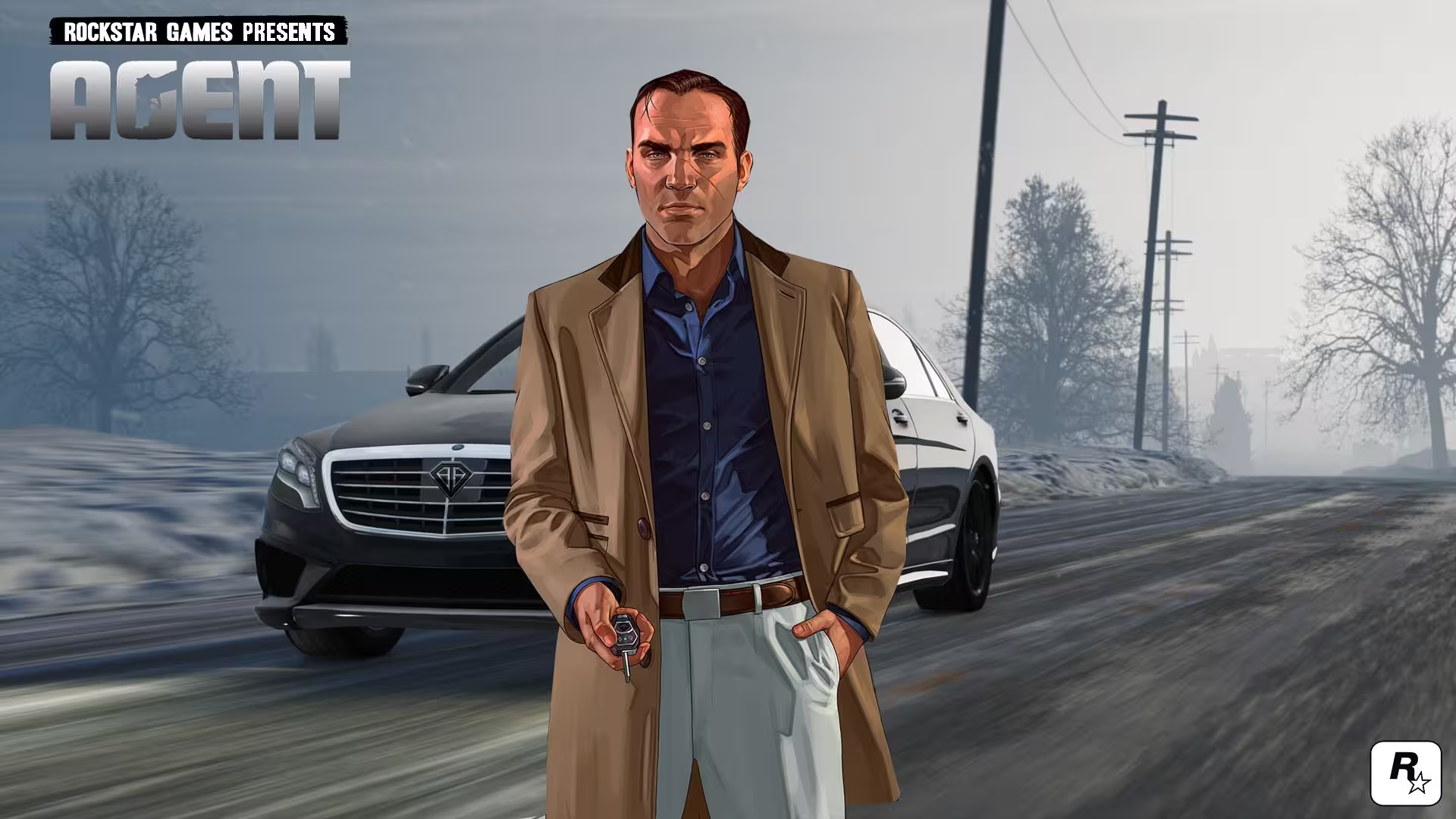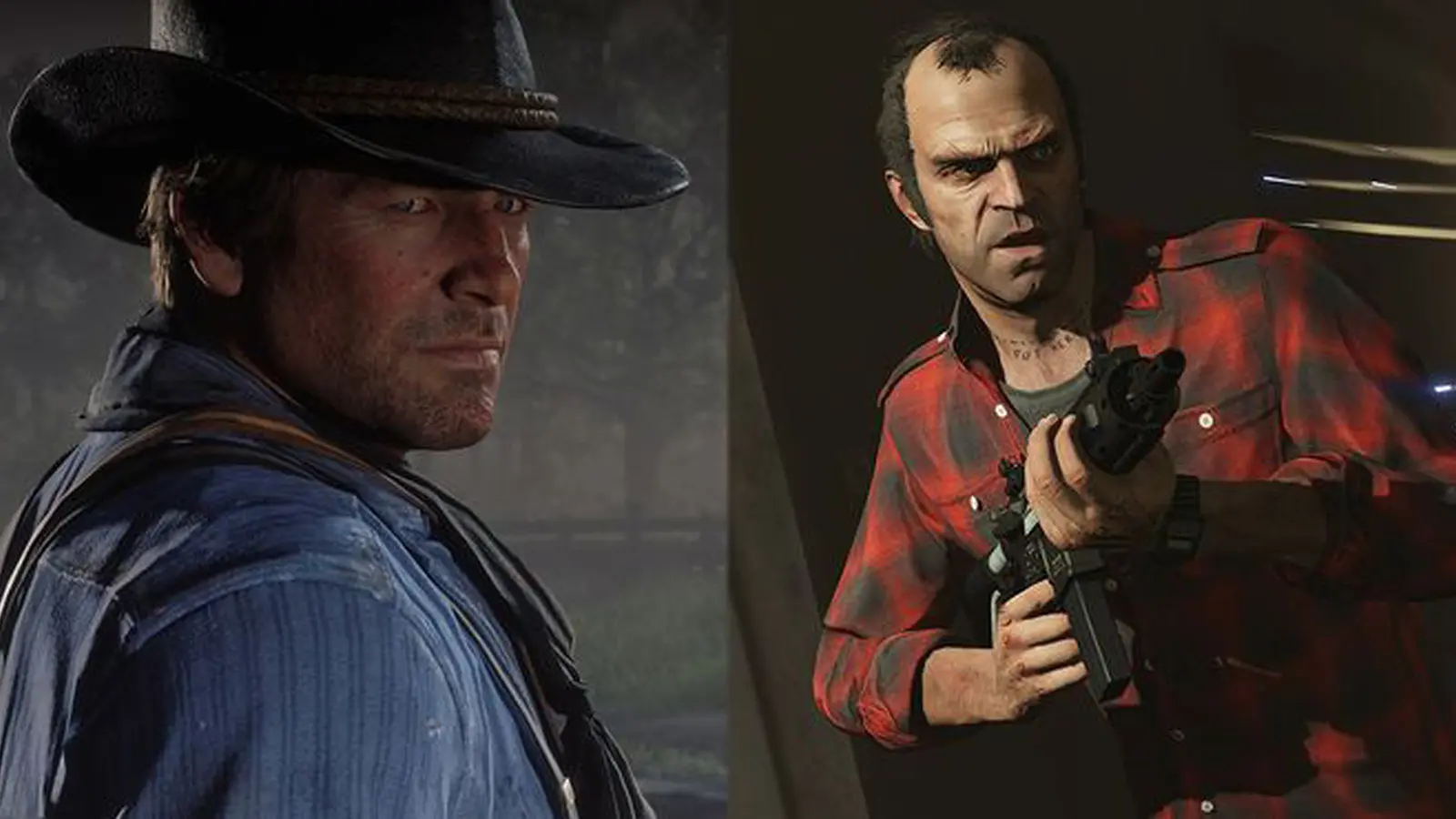3 Minutes
Dan Houser, co-founder and creative lead at Rockstar Games, has finally broken his silence about why the long-anticipated spy shooter Agent was shelved. In a candid conversation on the Lex Fridman Podcast, Houser revealed the creative and structural problems that stalled the project for more than a decade.
From 2007 buzz to a decade of silence
Agent first surfaced in 2007 and was officially announced in 2009 as a Cold War-era, 1970s-set spy thriller developed by Rockstar. Fans hoped it would join the studio's roster of genre-defining titles. But after years with virtually no updates, the project quietly faded from view and was eventually canceled.
Five different versions, one stubborn problem
In his long-form interview with Lex Fridman, Houser admitted Rockstar experimented with multiple takes on the game. "We worked on different versions of an open-world spy game, but none of them came together," he said. According to Houser, Agent went through roughly five distinct iterations — including versions set in the present day — and involved several internal teams.
Ultimately, Houser concluded the core idea didn’t translate into a satisfying game experience. He reflected that the elements that make spy stories gripping on film often clash with the freedoms of open-world gameplay. "I still think about it at night," he said, "and I realized that what makes those stories interesting in movies is exactly what doesn’t work in a game — unless you find a new way to tell them."

The gameplay vs. narrative dilemma: why spy stories are so hard
Spy narratives typically rely on tight pacing, focused objectives, and escalating tension — the kinds of structures that thrive under a director’s control. Open-world games, by contrast, encourage player freedom, meandering exploration, and emergent play. That mismatch created a design impasse for Rockstar’s teams.
- Story pacing vs. player agency: spy plots need tight beats; open worlds invite detours.
- Mission specificity vs. sandbox mechanics: scripted espionage actions are hard to reconcile with emergent systems.
- Atmosphere and tone: maintaining the 1970s Cold War mood while scaling for a large world is resource-intensive.
What this means for future spy games
Houser’s honesty highlights a wider industry challenge: how to adapt compact, suspense-driven genres into sprawling interactive spaces without losing their essence. Recent attempts have trended toward hybrid approaches. For example, IO Interactive’s 007: First Light leans on semi-open design rather than a full sandbox, giving players guided freedom while preserving cinematic tension.
Rockstar’s decision to cancel Agent wasn’t a failure of ambition so much as a refusal to ship something that didn’t meet their creative standards. As Houser put it, he still isn’t sure whether a truly great open-world spy game can be made — unless developers invent a fresh storytelling technique that fuses the best of both worlds.


Leave a Comment